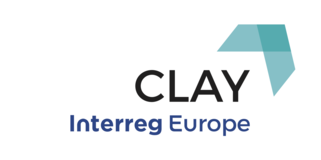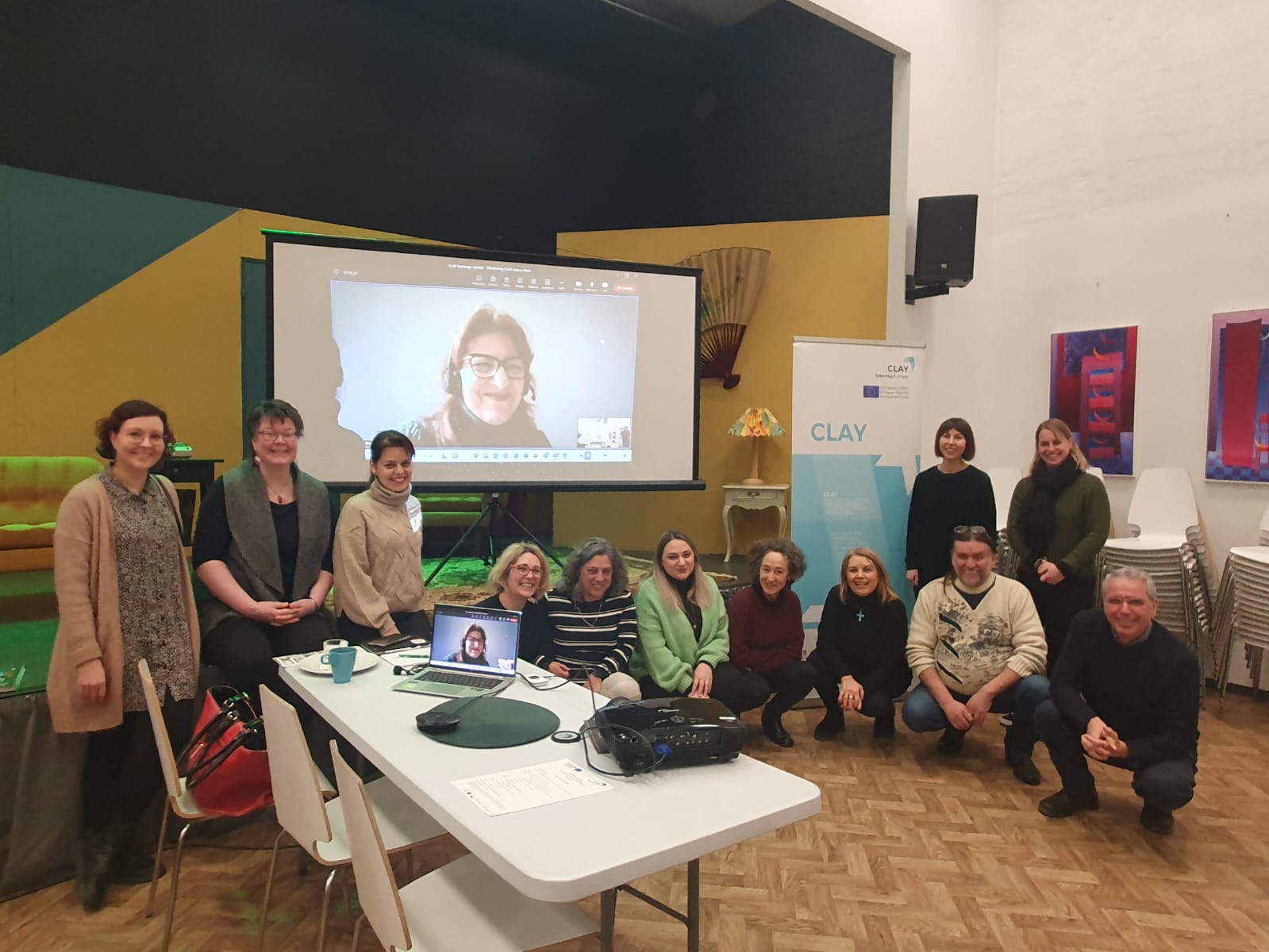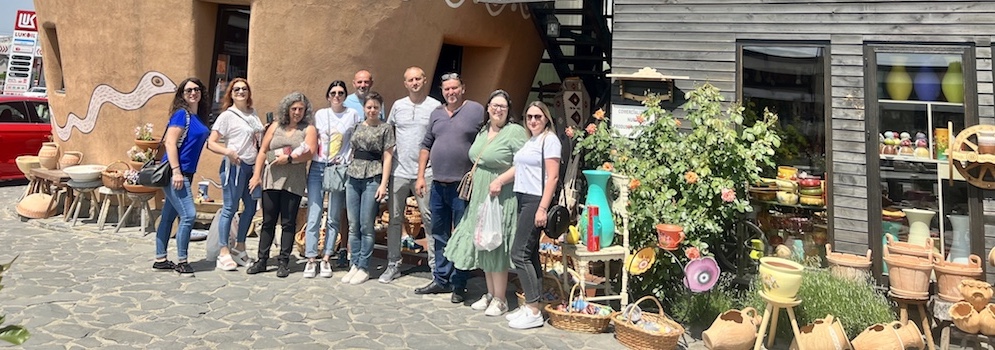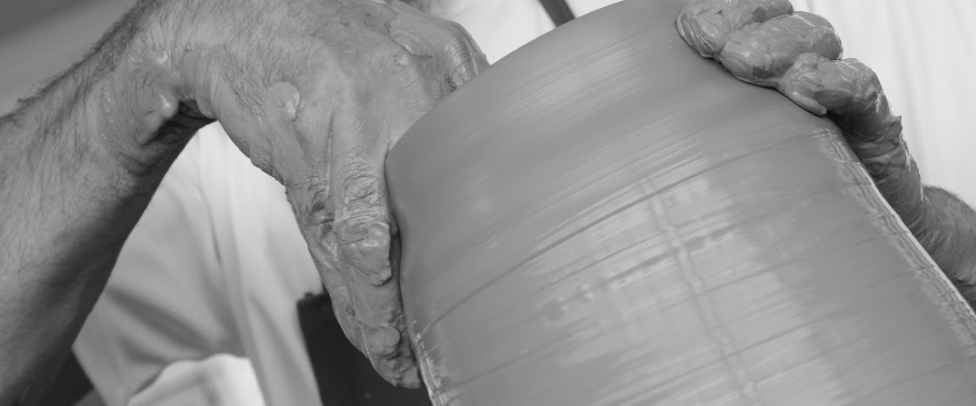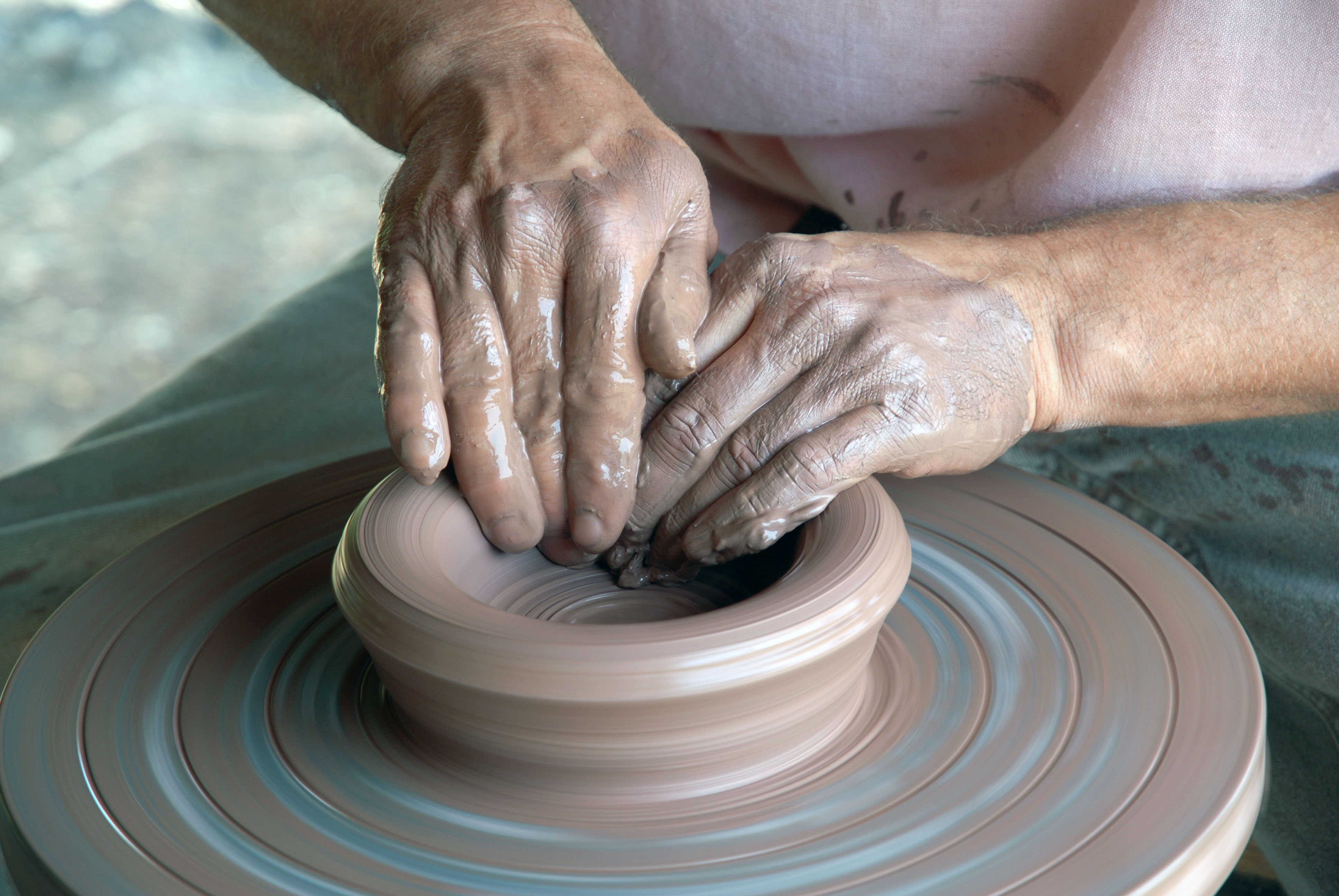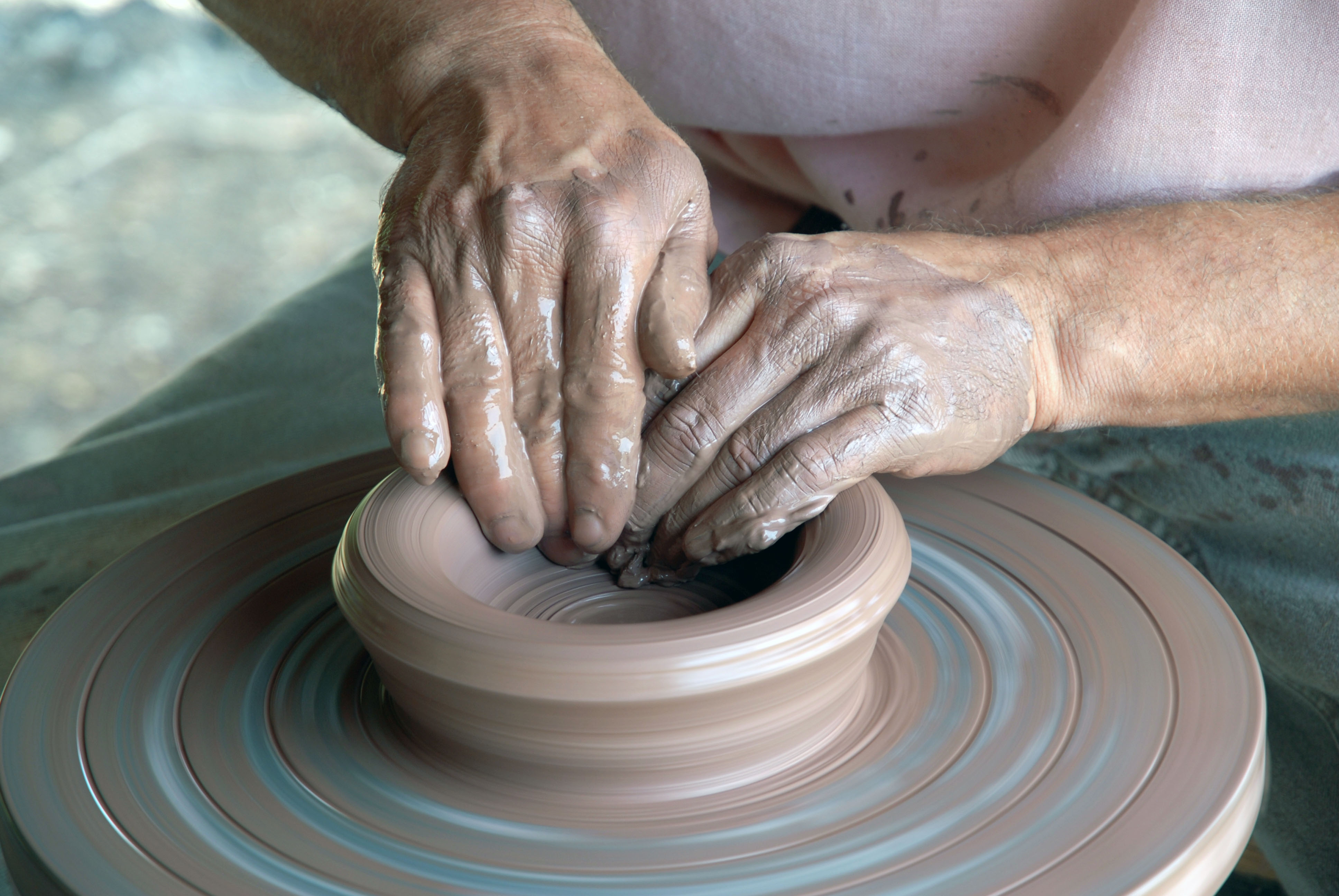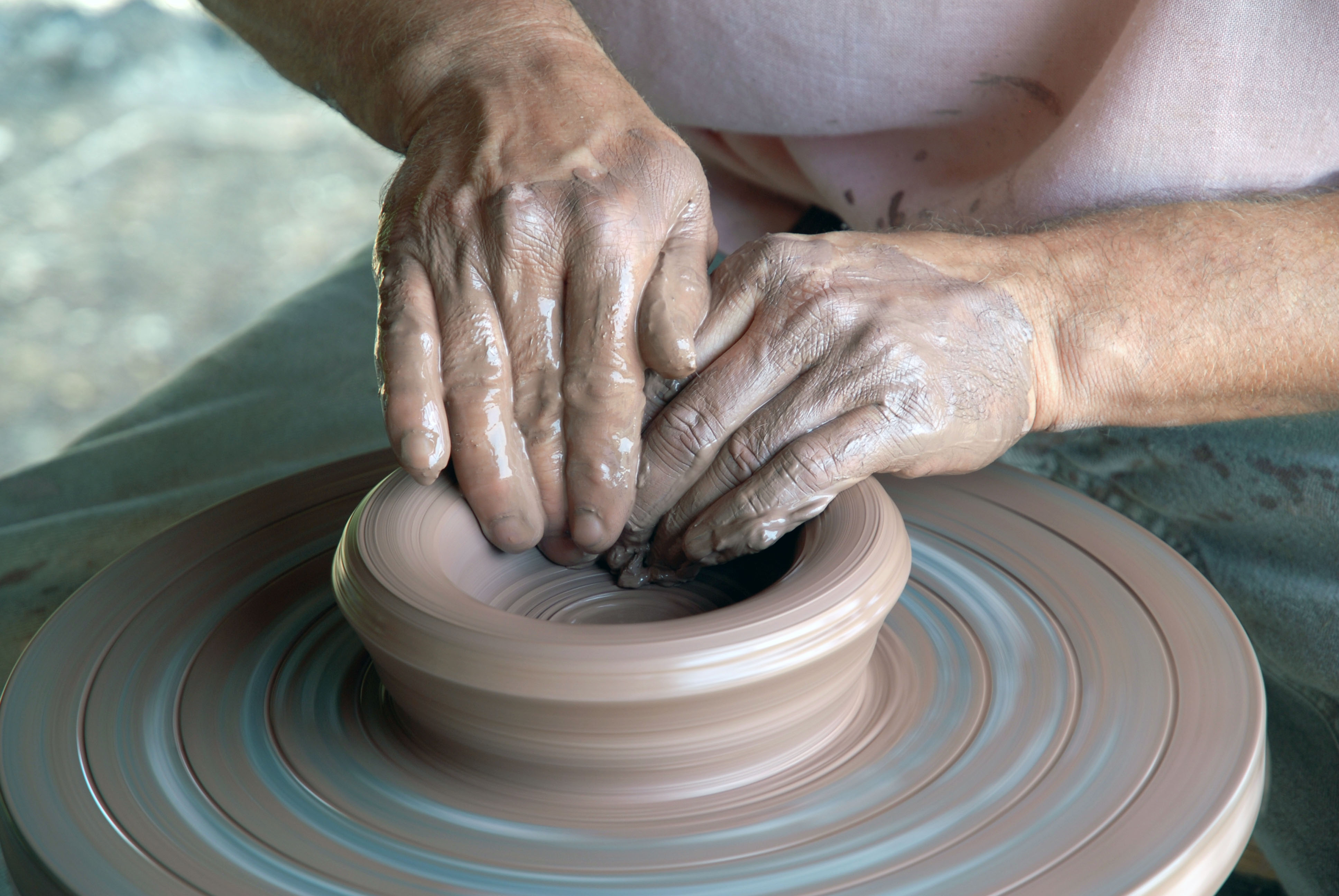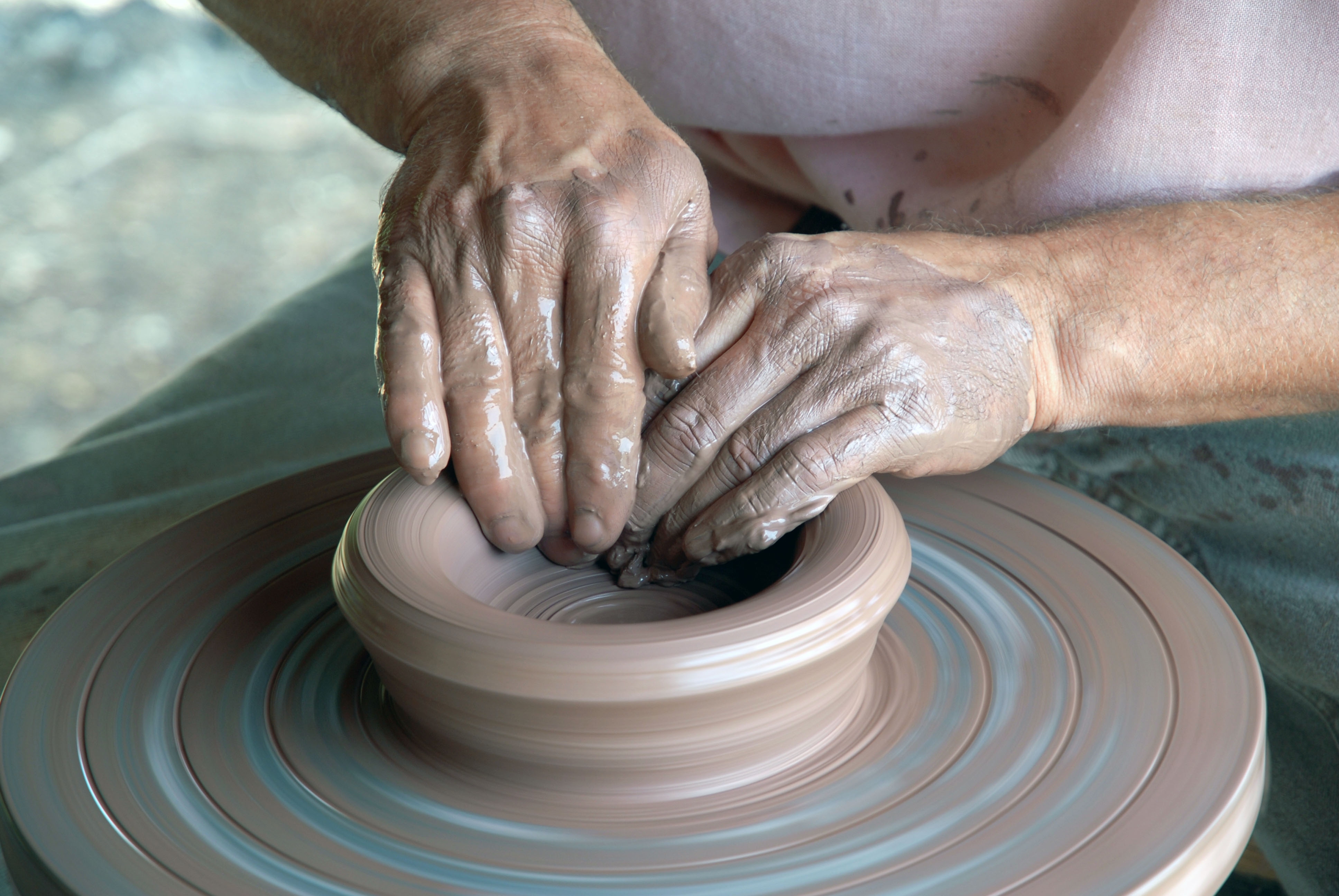After a brief coffee break and networking session in the frame of the Ceramic Corners, the event moved to the round table moderated by Regional Deputy Fioroni: Ceramics in Europe, conversations with Members of the European Parliament, Representatives of Institutions and Experts.
During this session, policymakers and technical experts discussed key trends and topics shaping the European Ceramic sector.
Elisabetta Gualmini (member of the European Parliament and President of the European Parliament Ceramic Forum) participated online and introduced four main policy issues: 1. to accompany the ecological transition with fair compensations; 2. The importance to protect European ceramics from external competition; 3. To provide aids for the energy crisis; 4. To tackle the food contact materials issue. She also called for greater collaboration, in particularly in the areas of innovation and sustainability, between the industrial and artisanal sectors of the ceramics industry.
Camilla Laureti (Member of the European Parliament) stated the importance of cohesion and modernization, as CLAY creates an opportunity to activate European dynamics fostering cooperation between regions, universities, and companies.
Fabio Donato (Scientific Counsellor Italian Permanent Representation) remarked that innovation should touch non only the deep tech sector, but also the ceramic sector, education, agriculture, and others.
Susanna Ceccardi (Member of the European Parliament) quoted a recent speech made by Ursula Von der Leyen about the model resilience of an Italian business in Modena during the energy crisis.
Nicola Procaccini (Member of the European Parliament) stressed out the importance of internationalization, stating that thanks to the CLAY project, Umbria Region and Italy itself had the chance to show their most beautiful products.
Leonardo Mosca (Cerame-Unie Trade Policy Manager) stated the importance of creating synergies among the nine subsectors of the ceramic in Europe, for instance about food contact materials, an increasingly important topic discussed among ceramic producers.
Guillem Cumella (Ceramist of Ceramica Cumella and innovator in ceramics applied in Architecture) intervened online giving to the audience practical examples of innovation and aesthetics in ceramics, sharing the portfolio of Ceramica Cumella, including architectural works all over Europe.
Nicola Danti (Member of the European Parliament) could not be present in person and sent a video, stressing out the importance of a geographical indication for non-agricultural products.
Massimo Vittori (Managing Director of “oriGin” Organization for an International Geographical Indication Network) suggested the possibility of a network of associations of producers in order to protect the ceramic sector at European level.
After a networking lunch the conference continued with a round table of the CLAY project partners, moderated by Irene Pettinelli (Resolvo, Technical assistance to the CLAY Lead Partner), in which the partners discussed how CLAY project has contributed to boost innovation in their territories.
The partners declared that, thanks to CLAY, they have become more aware of the possibility to indirectly support companies (with innovative policies); they shared the importance and the success of the sharing of good practices and study visits (to understand innovation in other territories); they stated that it is clearer how to support the Cultural and Creative Industry in general, they have learnt what the issues are in their regions, supported the networking of the ceramic businesses and stakeholder groups; they understand better the importance to reach out to and support artisans and artists who in the majority of case own micro-businesses.
The event ended in the afternoon, with the Lead Partner thanking the numerous participants, online and offline: more than 40 in person and 19 online.
The CLAY project will continue its journey to officially end on the 31st of May 2023.
